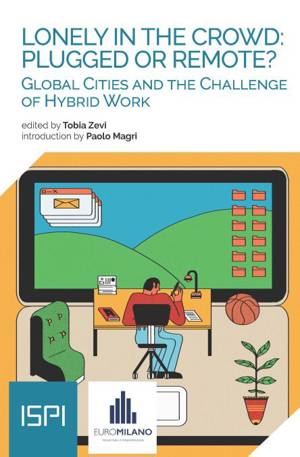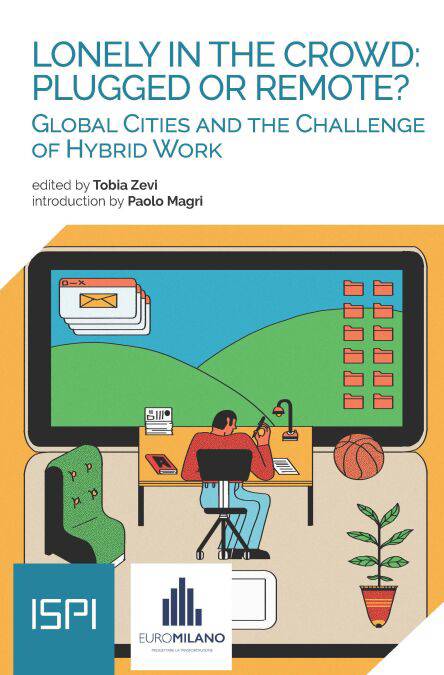
- Afhalen na 1 uur in een winkel met voorraad
- Gratis thuislevering in België vanaf € 30
- Ruim aanbod met 7 miljoen producten
- Afhalen na 1 uur in een winkel met voorraad
- Gratis thuislevering in België vanaf € 30
- Ruim aanbod met 7 miljoen producten
Zoeken
Lonely in the Crowd: Plugged or Remote? E-BOOK
Global Cities and the Challenge of Hybrid Work
Tobia Zevi
€ 6,99
+ 6 punten
Omschrijving
The Covid-19 pandemic forced cities to shut down and citizens to stay home, disrupting economic activity and social life. The crisis pushed companies to adopt remote work, transforming it from a niche practice to a widespread norm, altering the balance between work and personal life. This shift created inequalities across sectors and influenced the ability of "global cities" to attract talent in a globalized labor market. Now, as the pandemic has receded, many companies are reversing course.
This Report explores how remote work has impacted cities and citizens, from mobility to urban planning. How can remote work reshape global cities? What strategies are available to local authorities? Is remote work still the future?
This Report explores how remote work has impacted cities and citizens, from mobility to urban planning. How can remote work reshape global cities? What strategies are available to local authorities? Is remote work still the future?
Specificaties
Betrokkenen
- Auteur(s):
- Uitgeverij:
Inhoud
- Aantal bladzijden:
- 186
- Taal:
- Engels
- Reeks:
Eigenschappen
- Productcode (EAN):
- 9791256004362
- Verschijningsdatum:
- 19/06/2025
- Uitvoering:
- E-book
- Beveiligd met:
- Digital watermarking
- Formaat:
- ePub

Alleen bij Standaard Boekhandel
+ 6 punten op je klantenkaart van Standaard Boekhandel
Beoordelingen
We publiceren alleen reviews die voldoen aan de voorwaarden voor reviews. Bekijk onze voorwaarden voor reviews.







